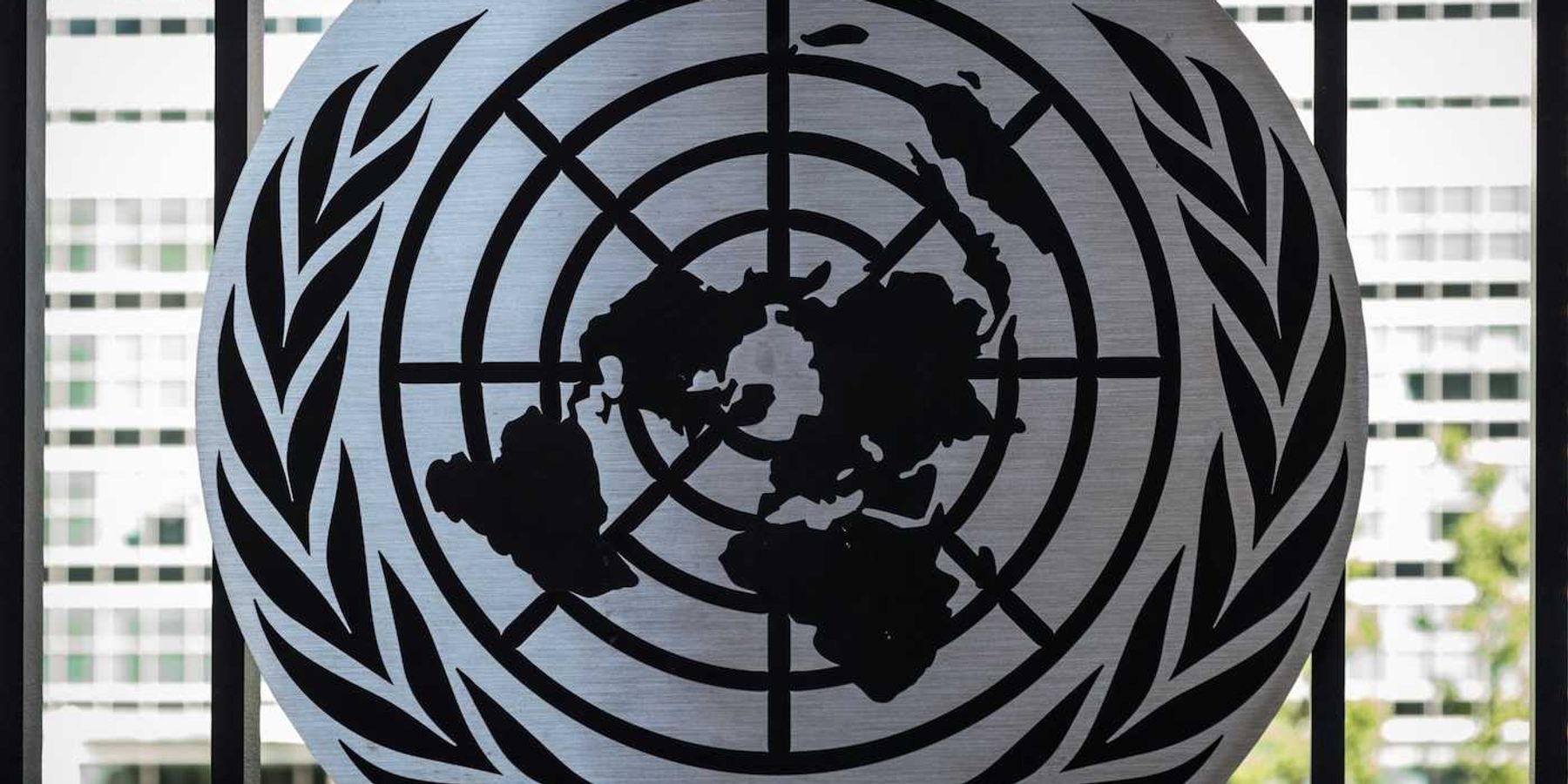Climate protests may shape politics more than you think
New research shows that climate protests — peaceful or disruptive — are changing minds, nudging elections, and keeping democracy alive in the face of rising authoritarianism.
In short:
- A major review of 50 studies shows that climate protests, especially those combining disruptive and traditional tactics, shift public opinion and media coverage without triggering backlash.
- Even controversial actions, like road-blocking or symbolic vandalism, can boost support for moderate climate groups through the “radical flank effect.”
- Protests can influence elections and policy, as seen with the UK’s Just Stop Oil campaign and early Earth Day turnout affecting future air quality.
Key quote:
“The whole idea of the Green New Deal, was that to solve climate change, we need to harness the power of the federal government. They’re destroying the federal government. So inherent to the success of solving climate change is defending these institutions.”
— Saul Levin, director of campaigns and politics at the Green New Deal Network
Why this matters:
In a time of political rollback on environmental protections, protest movements are proving to be one of the most powerful tools to protect clean air, water, and democratic institutions. The health of our democracy might be at stake here, too. In a world where climate denial and authoritarianism often go hand in hand, protests keep the spotlight on scientific truth and the moral urgency of the climate crisis.













